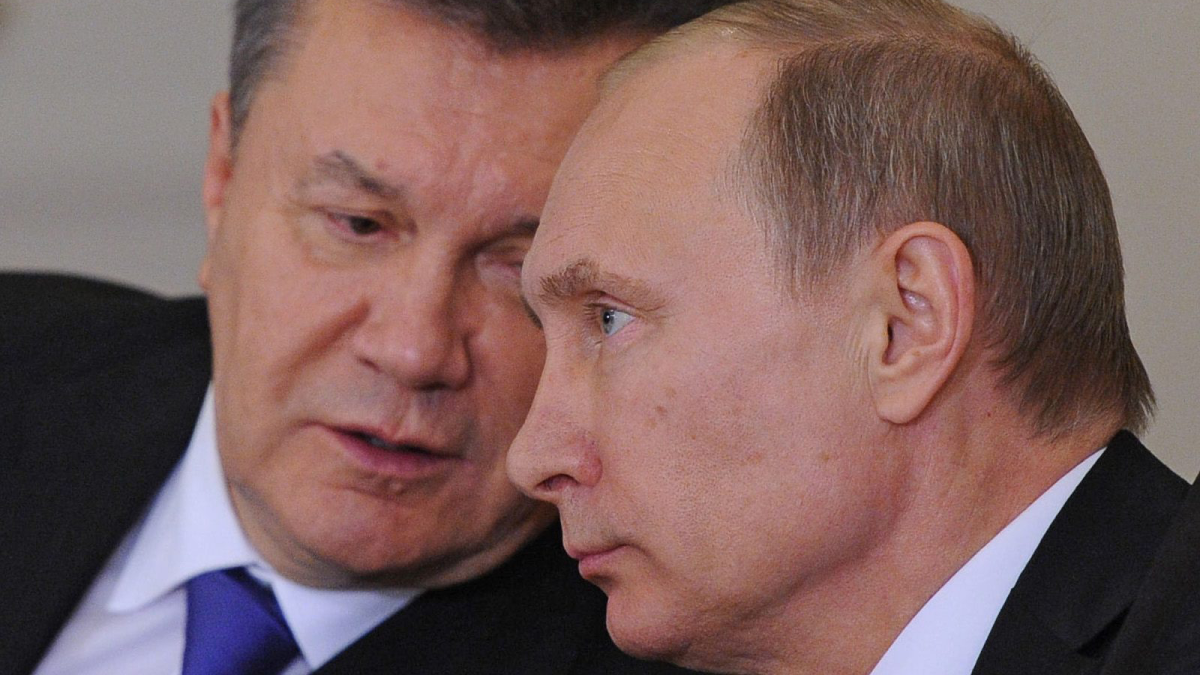Editorial: Is Russia ready to back off in Ukraine?

- Share via
It’s too early to declare an end to the crisis in Ukraine, where pro-Russia separatists continue, sometimes violently, to resist the authority of the central government. But in recent days there have been encouraging signs that Russia is willing to respect and negotiate seriously with Ukraine’s newly inaugurated president, Petro Poroshenko.
Russian President Vladimir Putin, who had earlier called the ouster of former Ukrainian President Viktor Yanukovich illegal, indicated shortly before the election that he would accept the result of the vote that elected Poroshenko. Russia’s ambassador attended Poroshenko’s inauguration. More substantively, Russia and Ukraine have been conducting negotiations on the crisis in eastern Ukraine and on the supply of Russian natural gas to Ukraine.
Poroshenko, a wealthy businessman, told Putin at a D-day remembrance ceremony that he doesn’t accept the legitimacy of Russia’s annexation in March of Crimea, a region that had been a part of Ukraine for the previous 60 years (although there is little he can do to undo it). The new president also has said he will forge links with Western Europe of the sort sought by many, if not all, Ukrainians. But Poroshenko also has acknowledged that Russia has an interest in the political future of Ukraine, and said in his inaugural address that he was willing to see greater political autonomy for pro-Russia regions. For its part, Russia has moderated its rhetoric and Putin has indicated he will make it harder for Russians to cross into Ukraine to support the separatists.
The crucial test of Russia’s sincerity may be whether it will accept — or at least acquiesce in — a decision by Poroshenko (should it become necessary) to use force against separatists who have occupied official buildings and sometimes clashed with government forces in eastern Ukraine. Ideally, such a confrontation would be avoided, but one way or another, the rebels must eventually stand down and accept Poroshenko’s offer of amnesty for insurgents who have “no blood on their hands.”
After the annexation of Crimea, there was anxious speculation that Putin’s desire to re-create at least part of the Russian empire would lead to other land grabs. So far that hasn’t occurred. Perhaps Putin always regarded Crimea as a special case, but it’s equally likely that sanctions imposed by the U.S. and its European allies — and the threat of more significant punishment — had the intended effect.
As President Obama said during the Crimean crisis, Ukraine isn’t a “Cold War chessboard”; it’s an independent country with a complicated history that ought to be allowed to determine its own affairs even as it seeks good relations with its neighbors, including Russia. That is a reality that Putin must recognize.
More to Read
A cure for the common opinion
Get thought-provoking perspectives with our weekly newsletter.
You may occasionally receive promotional content from the Los Angeles Times.






